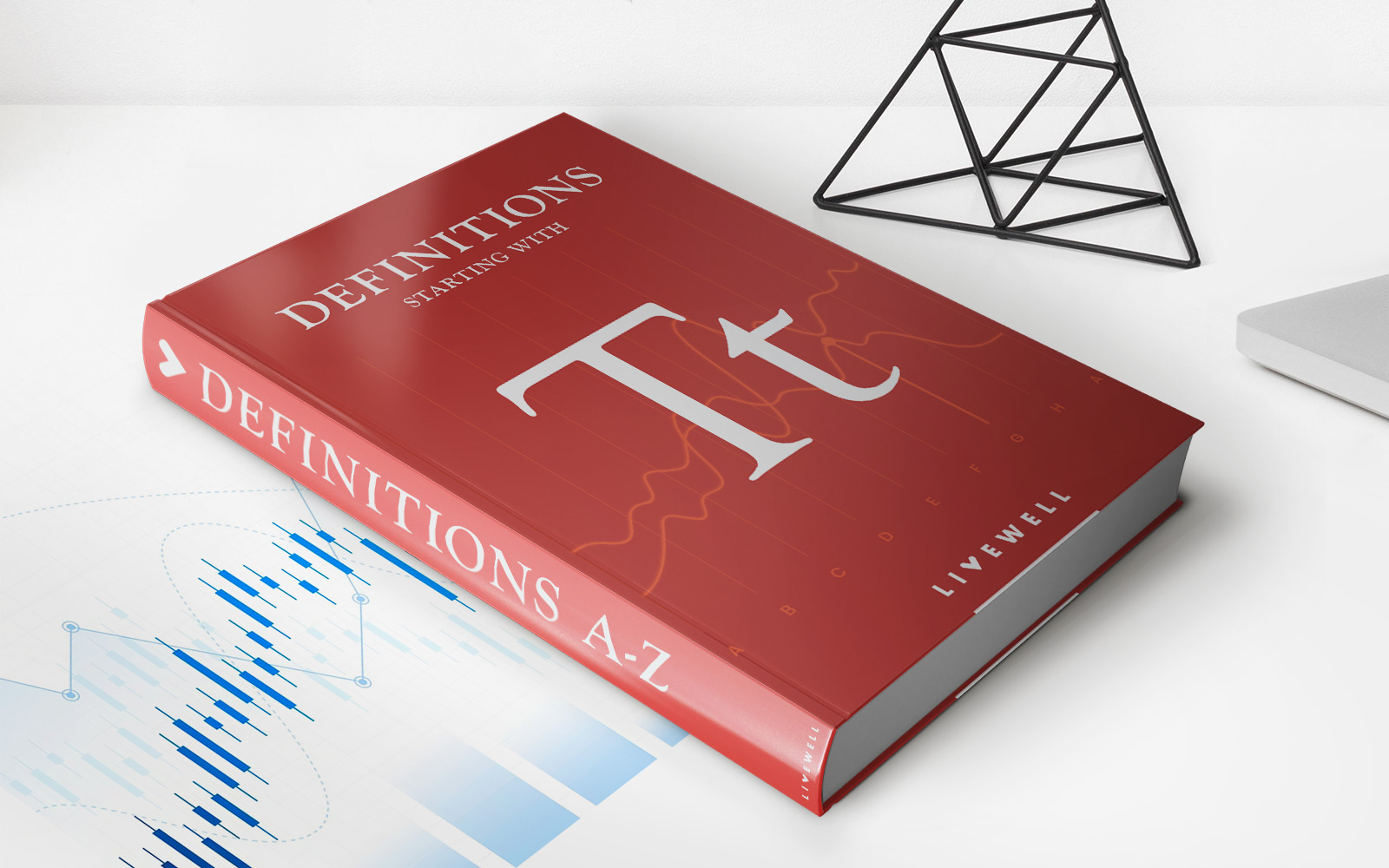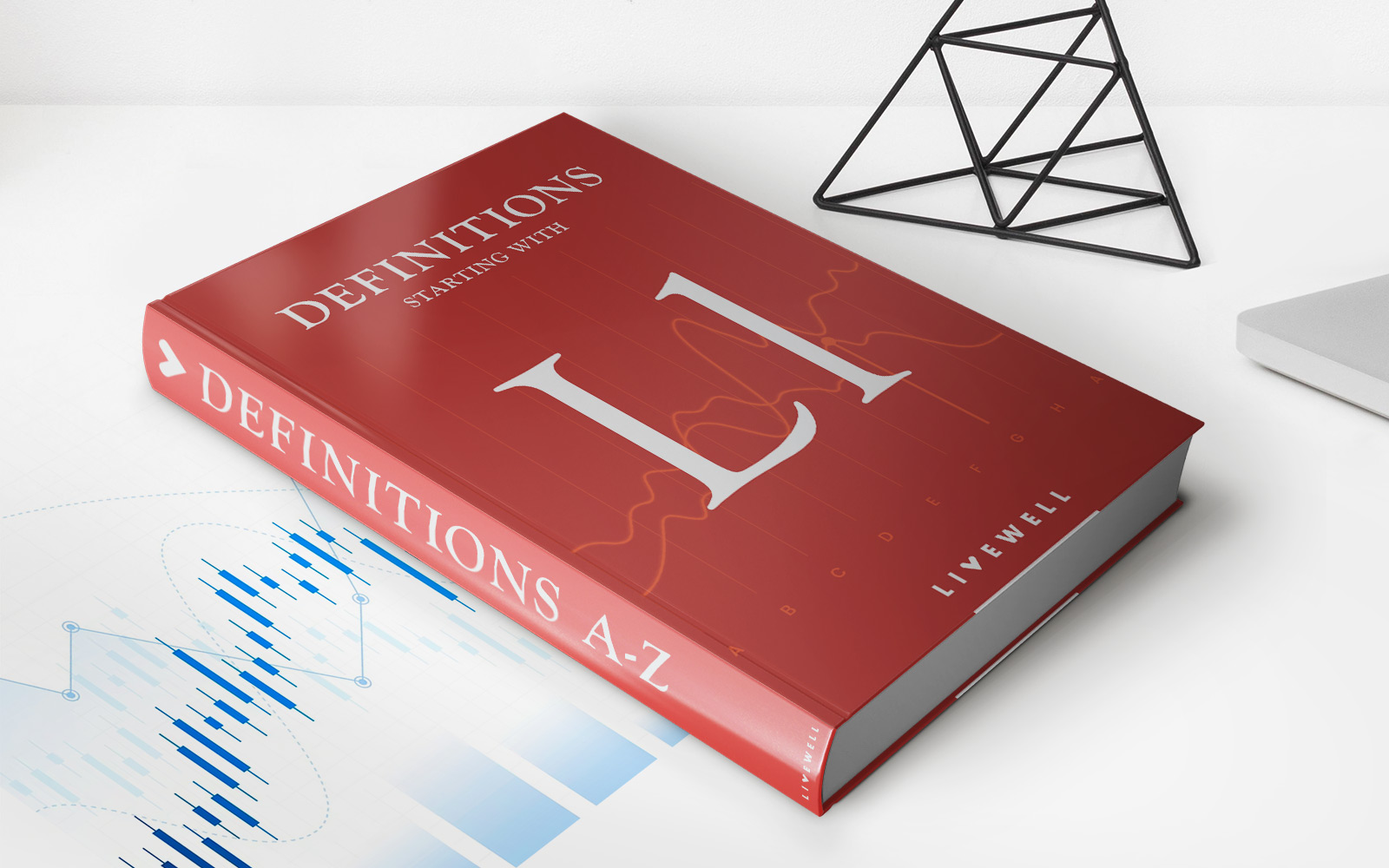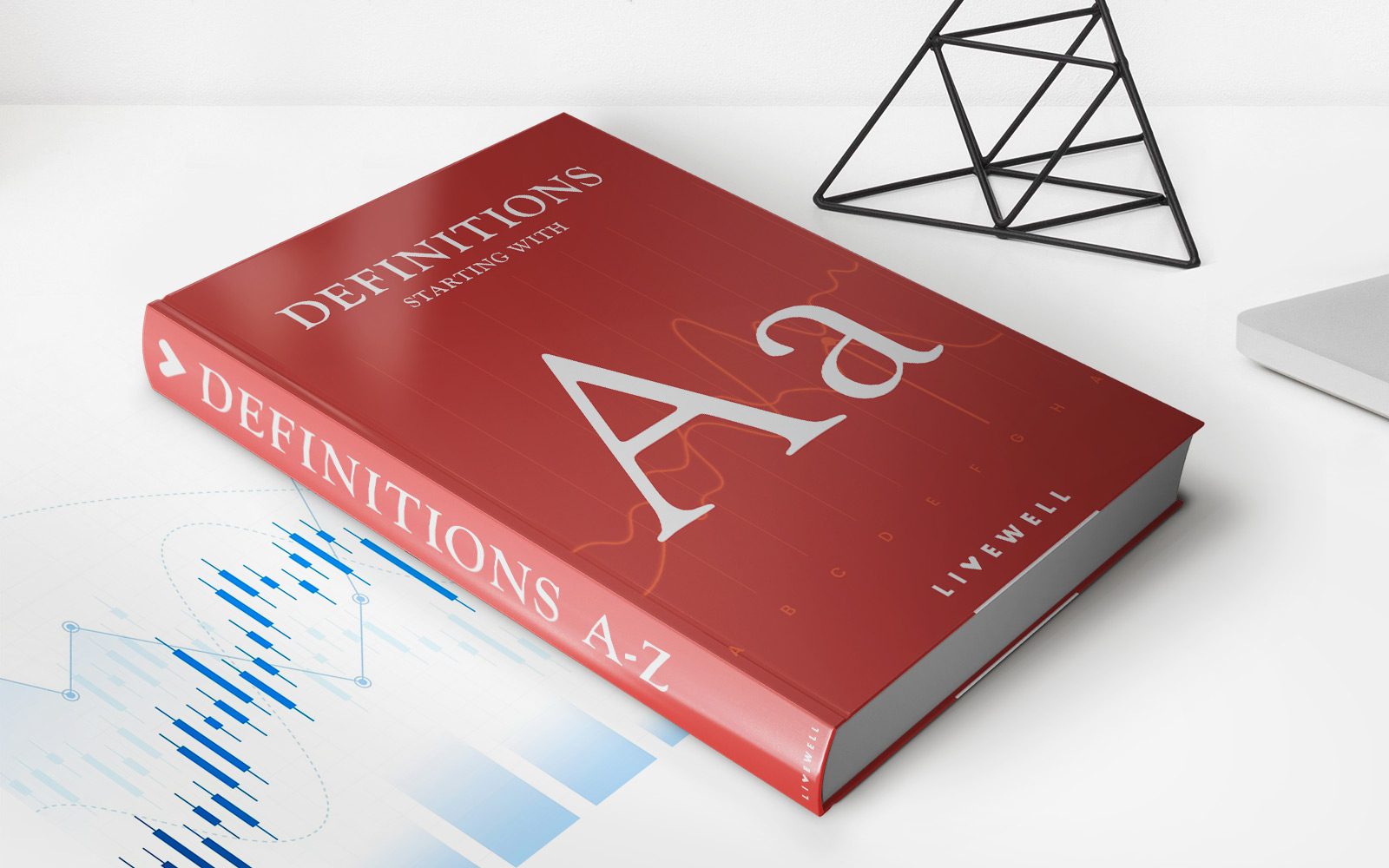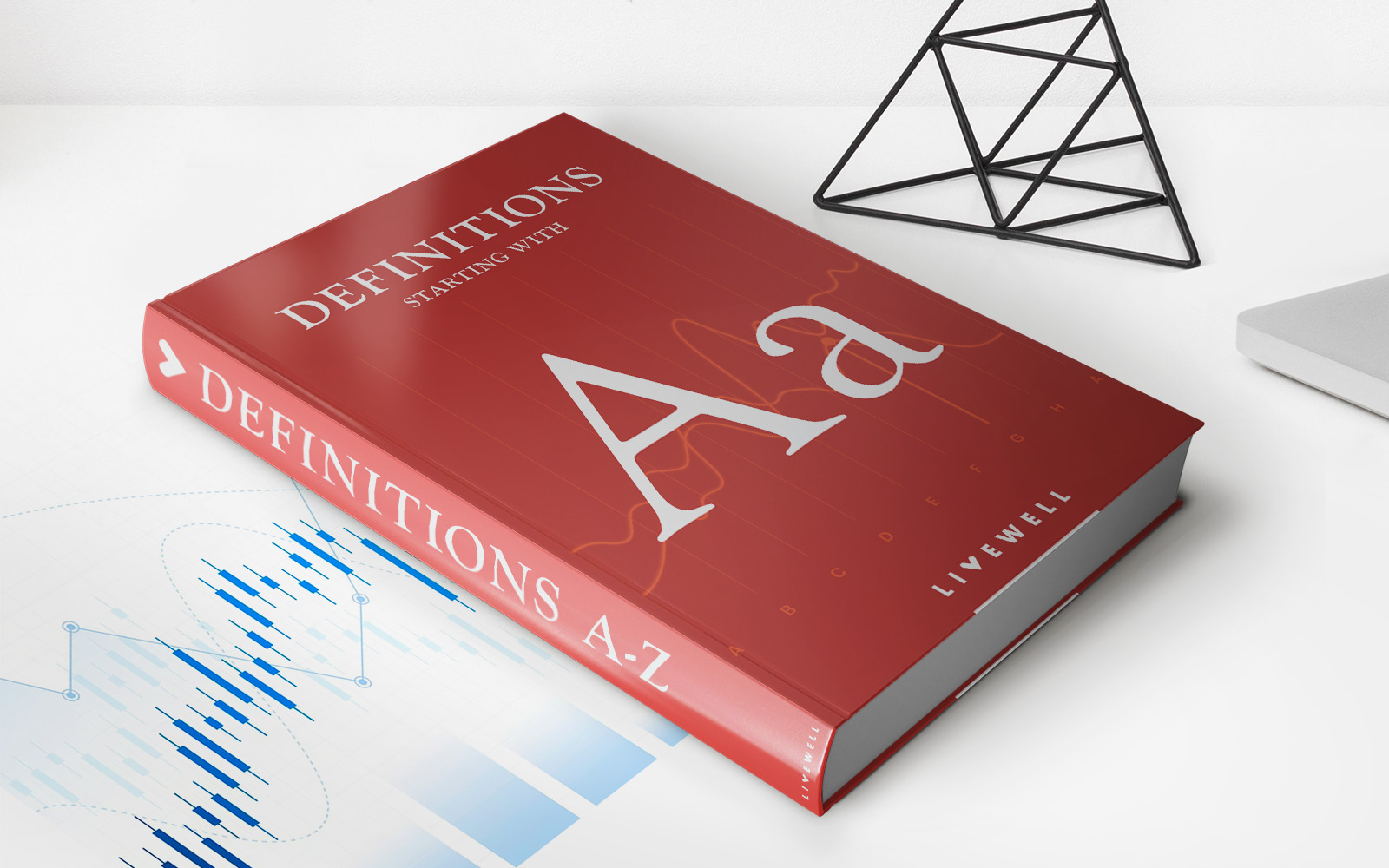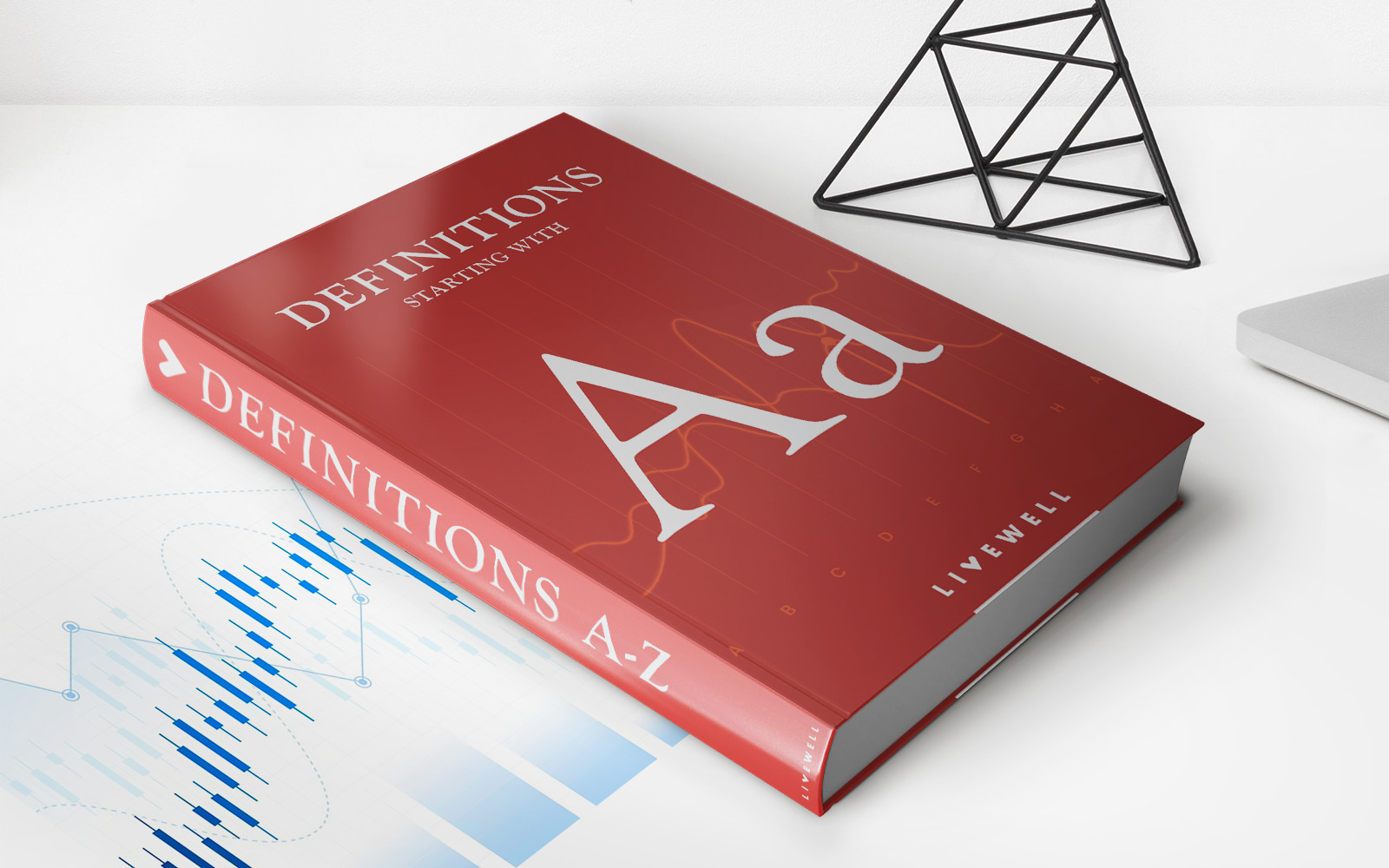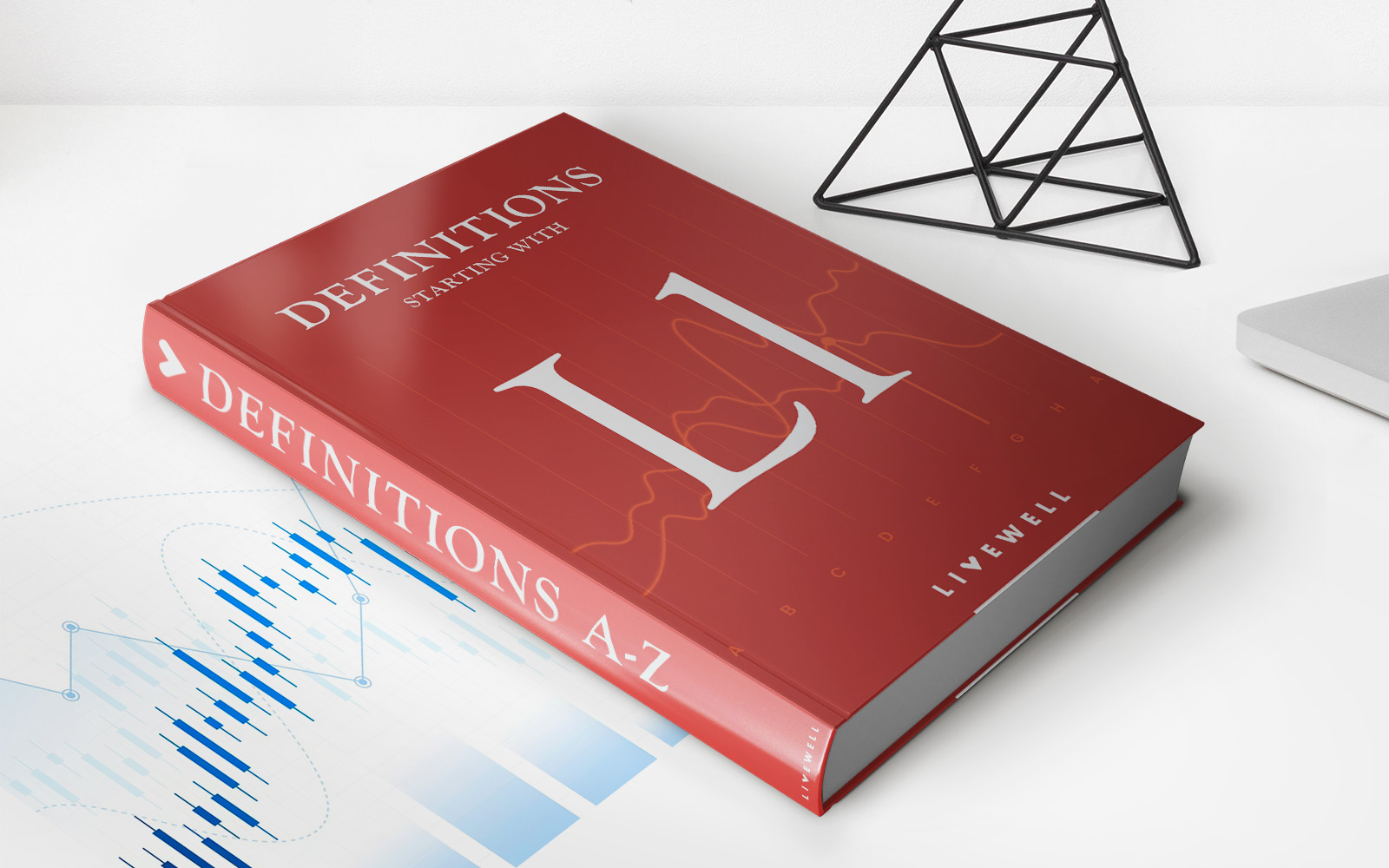Home>Finance>Gresham’s Law: Definition, Effects, And Examples


Finance
Gresham’s Law: Definition, Effects, And Examples
Published: December 2, 2023
Learn about Gresham's Law in finance, including its definition, effects, and examples. Understand how this principle impacts the financial sector.
(Many of the links in this article redirect to a specific reviewed product. Your purchase of these products through affiliate links helps to generate commission for LiveWell, at no extra cost. Learn more)
Gresham’s Law: Definition, Effects, and Examples
Welcome to the “Finance” category of our blog! In this article, we are going to delve into a fascinating economic principle called Gresham’s Law. Ever wondered why bad money drives out good money? This phenomenon has puzzled economists for centuries, and Gresham’s Law provides insights into this intriguing concept. Join us on this journey as we explore the definition, effects, and examples of Gresham’s Law.
Key Takeaways:
- Gresham’s Law states that when two forms of currency circulate together, the “bad” currency will eventually drive out the “good” currency.
- This phenomenon occurs when the government or a monetary authority assigns different values to different currencies.
What is Gresham’s Law?
Gresham’s Law, named after Sir Thomas Gresham, an English financier and merchant, explains the observation that “bad money drives out good money.” In simpler terms, it refers to a situation where inferior or debased currency pushes superior currency out of circulation.
Imagine a scenario where a country’s government issues both high-quality coins and low-quality coins. According to Gresham’s Law, individuals and businesses would prefer to hoard or use the low-quality coins for transactions while keeping the high-quality coins for savings or other purposes. The high-quality coins would effectively disappear from circulation over time, as people opt for the lesser-valued currency.
The Effects of Gresham’s Law
Gresham’s Law has several effects on monetary systems, economies, and individuals:
- Currency Devaluation: When the “bad” currency remains in circulation while the “good” currency is hoarded or used for other purposes, the value of the circulating currency tends to decrease. This devaluation can lead to economic instability and inflation.
- Loss of Trust: Gresham’s Law erodes trust in the monetary system, as people realize that the government or the monetary authority is intentionally manipulating the value of currency. It creates a climate of uncertainty, making it harder for individuals and businesses to plan and make sound financial decisions.
- Reduced Economic Efficiency: With the best currency disappearing from circulation, economies may suffer from reduced efficiency in transactions. Counterfeit and low-quality money may proliferate, making it harder for individuals and businesses to differentiate between genuine and inferior currency.
Examples of Gresham’s Law
Gresham’s Law can be observed in various historical and contemporary contexts. Here are a few examples:
- In ancient Rome, during the reign of Emperor Nero, the silver denarius coin was gradually debased with a lower silver content. As a result, the more valuable denarii disappeared from circulation, while the debased coins became the dominant currency.
- In recent times, the Zimbabwean hyperinflation crisis provides another example. As inflation skyrocketed, the local currency lost its value rapidly, leading to the extensive use of foreign currencies such as the US dollar. The Zimbabwean dollar became virtually worthless, and people opted for more stable currencies.
Gresham’s Law has stood the test of time, and its effects continue to be observed in various economic systems worldwide. Understanding this principle can help individuals and policymakers assess the implications and consequences of currency manipulation.
We hope this article has provided you with valuable insights into Gresham’s Law. Stay tuned for more informative content on finance and other intriguing topics!


